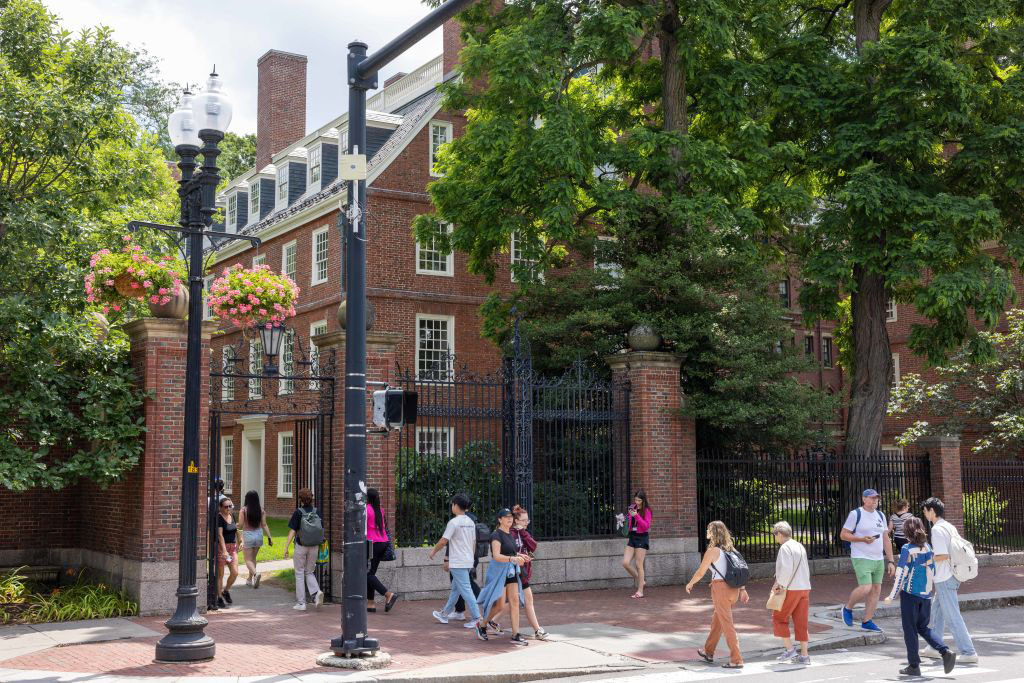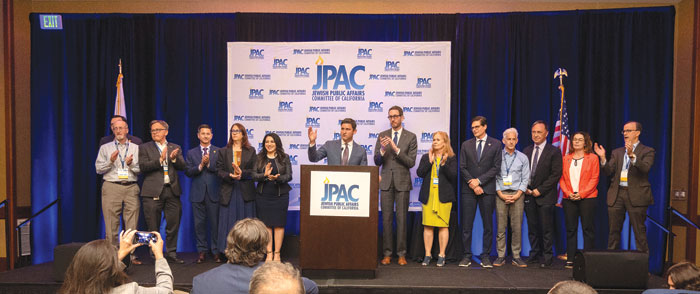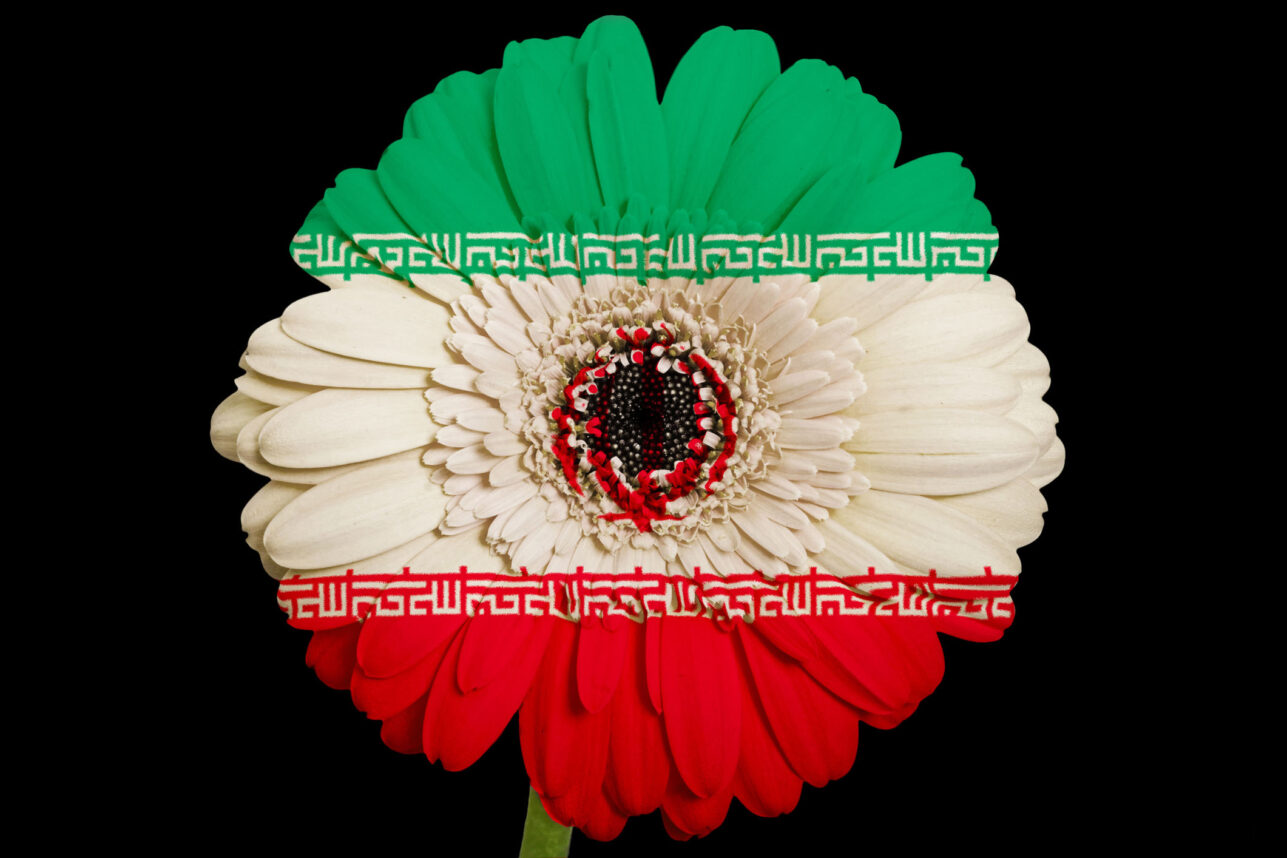It’s fitting that an article about the most vexing question in the Jewish community—Who’s a Jew?—would begin by saying that “there is arguably no more challenging question.”
This is a question that has been very much in the news lately—from the Israeli conversion bill to Amar’e Stoudemire discovering his Jewish roots. At Huffington Post, Paul Golin, executive director of the Jewish Outreach Institute, writes:
In most cases, it doesn’t really matter “Who’s a Jew,” because it’s rarely an issue of halakhah (Jewish law). If Amar’e wants to read from the Torah at a Conservative synagogue during Shabbat services, we’ll worry about it then. Odds are good that he doesn’t want that. Odds are also good that Jews will trip over themselves helping him find what he’s looking for, because he’s a superstar. (And as a long-suffering Knicks fan, I have no problem with that.) But what about the million non-Jews married to Jews in the U.S., almost all of whom are not famous like Amar’e? Or the children and young adults from intermarried families? What is the Jewish community doing proactively to incorporate them? Still too little.
Some have attempted to find special names for the non-Jews among us, like ger toshav (resident alien), but how about, for those who want it, “Jewish”? Intermarried families raising Jewish children are, as Rabbi Kerry Olitzky, executive director of the Jewish Outreach Institute, simply calls them, “Jewish families.”
The Jewish community does not have a unifying creed that can easily be signed onto, the way you can call yourself Christian by accepting Jesus as Savior. There’s a Jewish movement that accepts the Torah as the exact word of God, and a Jewish movement that denies the existence of God; there are Jews for whom Zionism is their most important belief, and Jews who reject the establishment of the modern State of Israel as immoral. There is scant little we agree on, and we need to define ourselves to newcomers based on what we are, not what we’re not. The Biblical Ruth had a simple credo as her “conversion” to Judaism: “Your people will be my people, and your God will be my God.” The “people” in that phrase came before God for a reason. Would it be so bad for the Jews if we reverted back to that kind of conversion?
Read the rest here.





















 More news and opinions than at a Shabbat dinner, right in your inbox.
More news and opinions than at a Shabbat dinner, right in your inbox.